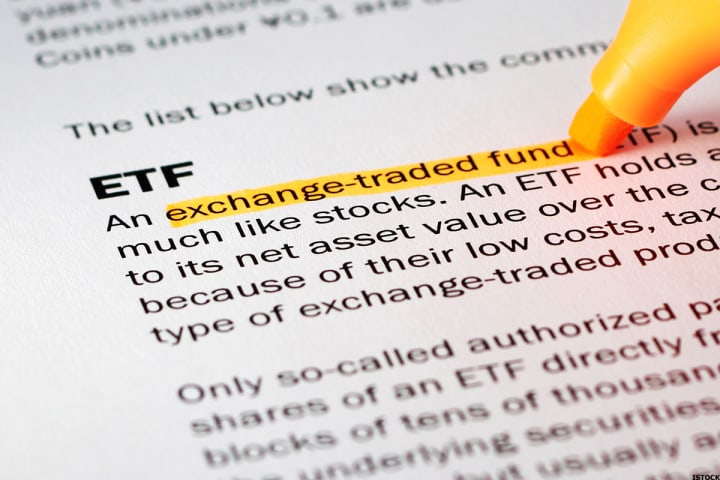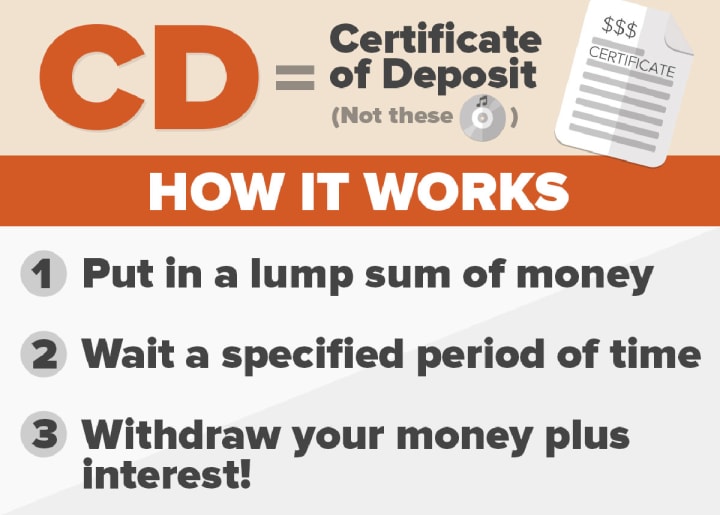Beginner's Guide to Investing
Turn your first investment into a lifelong profitable endeavor with a beginner's guide to investing.

You have to start from somewhere to build your riches. While some are born rich and stay rich, and some win the lottery, for the most part you have to make a smart decision somewhere along the way to become rich. If you have been able to save some money and you want to invest, it can be hard to know where to start. While $1,000 is a meager amount to most big-time investors, you have to start somewhere, so let's look at a beginner's guide to investing your first $1,000 to create a lifelong profitable endeavor.
Important Tips to Consider
Before we delve into a beginner's guide to investing, there a few things you need to know. Contrary to popular belief, investing is not a fast track money making process. It takes a considerable amount of time, hard work, and perseverance. It also does take some startup capital. You probably aren't going to build much of a foundation with much less than $1,000.
However, you also don't want to invest so much that you'll be too hurt if you lose it. Investing involves risk taking. You must never invest any amount you can't stand losing. It is also true that many people think you are losing greatly if you don’t invest. If you have been able to put aside somewhere in the ballpark of $1,000, it's time to start investing.
Exchange-Traded Funds

ETFs are a concept that grew in influence and popularity within the last 20 years. Similar to stocks, ETFs can be purchased or sold on an exchange every trading day at any chosen time or hour. Like a mutual fund, an ETF embraces a lot of assets, including tech stocks, or, more generally, the US stock market.
ETFs make available general asset-class experience for a very minimal cost making them preferable over mutual funds to beginning investors.
Mutual Funds

Mutual funds are great investment opportunities both for novice and more experienced investors. Mutual funds tend to be simple to set up, making them a good option for the beginning investor. They offer wide asset-allocation exposure with a minimum of a $1,000 investment. They also provide regular rebalancing as the investor gradually approaches retirement age.
One thing to consider as part of a beginner's guide to investment is whether a mutual fund or ETF is better for your personal situation. Are you planning on investing $1,000 as a one-off, or do you want a plan that lets you add some money every month? A mutual fund is better for someone who wants to continue to add to their investment over time.
Certificates of Deposit

Another beginner's investment method to look into is investing in certificates of deposit. These are among the safest investments due to the fact that they are insured by the Federal Deposit Insurance Corp. However, due to the fact that there are less no risks attached to this form of investment opportunity, you don’t get paid a huge amount of interest. A lot of the highest-yielding one-year CDs presently pay less than 1 percent on the invested fund. Some backs even go to the extent of offering no-penalty Certificates of Deposits. This means that if you want to make early withdrawal of your money, you would not be charged any fee.
As a beginner investor, you ought to start off very conventionally and predictably according to many finance officers. If, as a beginner investor, you have an untimely start off in your investing, you may become scared and unable to continue with further investment plans.
However, it is essential to take some risks. Most finance professionals recommend taking your age, subtracting it from 100, and invest that number in riskier endeavors. Keep the percentage of your age in safer options such CDs or savings bonds.
If you need a more in-depth beginner’s guides for investment, you may consider seeking expert advice from a financial advisor. A few people really do not like to pay money when they are looking to make money. However, many can benefit enough from a financial specialist that it makes up for the money they won't make by investing as a novice.
Remember as a beginning investor, one objective is to minimize your costs, use various investment options, and invest only the amount that would not break you if you lose it.
About the Creator
Patty Ramsen
Just another 20 something trying to break the glass ceiling one blazer at a time. Get your own coffee...






Comments
There are no comments for this story
Be the first to respond and start the conversation.